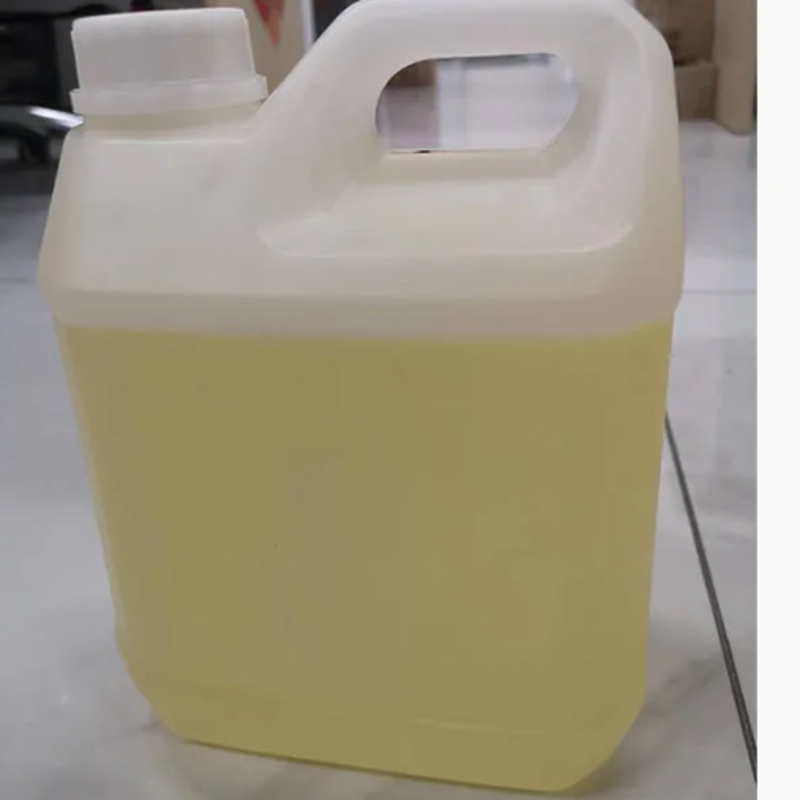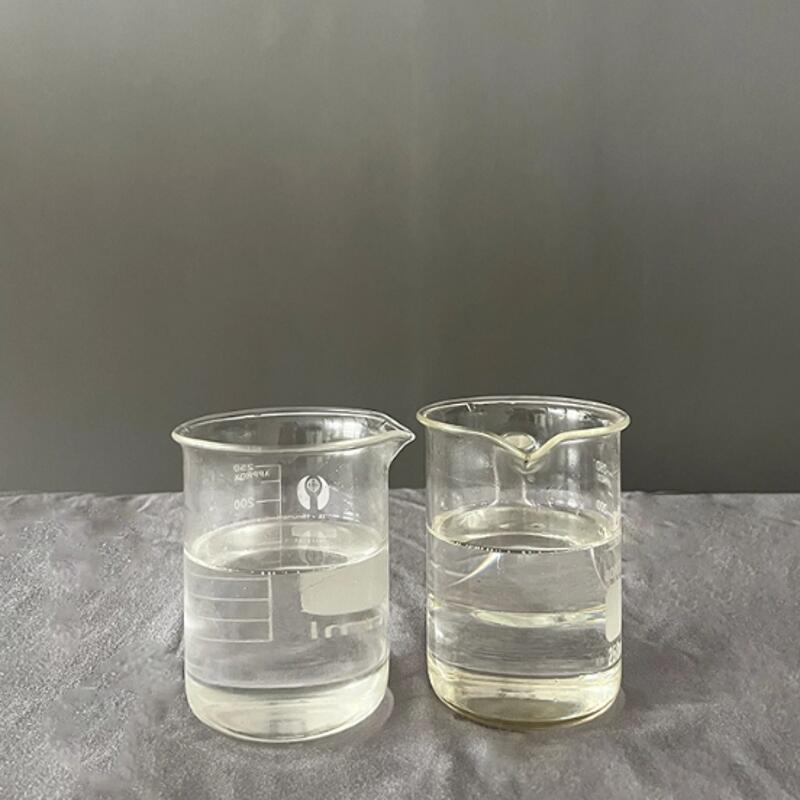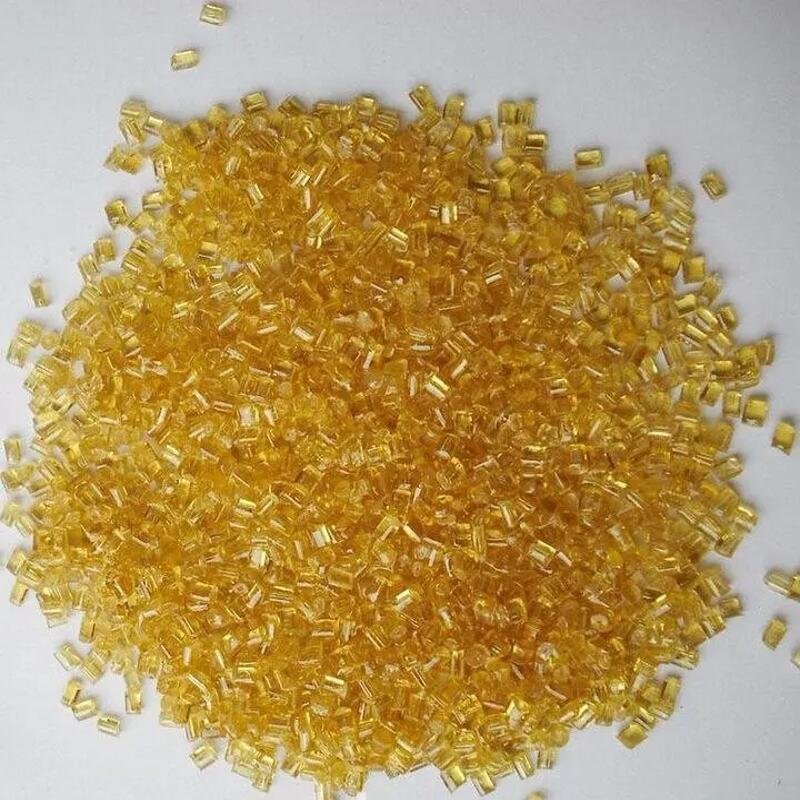-
Categories
-
Pharmaceutical Intermediates
-
Active Pharmaceutical Ingredients
-
Food Additives
- Industrial Coatings
- Agrochemicals
- Dyes and Pigments
- Surfactant
- Flavors and Fragrances
- Chemical Reagents
- Catalyst and Auxiliary
- Natural Products
- Inorganic Chemistry
-
Organic Chemistry
-
Biochemical Engineering
- Analytical Chemistry
-
Cosmetic Ingredient
- Water Treatment Chemical
-
Pharmaceutical Intermediates
Promotion
ECHEMI Mall
Wholesale
Weekly Price
Exhibition
News
-
Trade Service
A research team from the Centre for Sustainable and Circular Technologies (CSCT) at the University of Bath has developed a simple new way to upcycle plastic waste at room temperature
.
The researchers hope this new process will help recycling become more economically viable
.
Plastic waste that remains in landfills or the natural environment currently exceeds all remaining biomass waste combined (4 billion tonnes), ultimately becoming one of the greatest environmental challenges of the 21st century
.
While recycling rates are increasing across Europe, traditional methods are still limited, as harsh remelting conditions reduce the quality of material recovered each time
.
Now, CSCT researchers have developed a gentle and fast chemical recycling process for polycarbonate, a strong plastic commonly used in construction and engineering
.
Using a zinc-based catalyst and methanol, they were able to completely decompose commercial poly(bisphenol A carbonate) (BPA-PC) particles within 20 minutes at room temperature
.
The waste can then be converted to its chemical constituents, namely Bisphenol A (BPA) and Dimethyl Carbonate (DMC), helping to maintain product quality in an endless loop
.
Importantly, the recovery of BPA prevents the leakage of a potentially damaging environmental pollutant, and DMC is a valuable green solvent and a building block of other industrial chemicals
.
Their findings, published in ChemSusChem, point to improved process efficiency and milder conditions compared to previous methods
.
Encouragingly, the catalyst also allows other commercial sources of BPA-PC (such as CD) and mixed waste feedstocks, thereby increasing industrial relevance, while also adapting to other plastics (such as CD) at higher temperatures.
polylactic acid (PLA) and polyethylene terephthalate (PET))
.
The team also demonstrated a fully circular method to produce several renewable poly(ester-amides) (PEAs) based on terephthalic acid monomer from waste PET bottles
.
These materials have excellent thermal properties and have potential for biomedical applications such as drug delivery and tissue engineering
.
Professor Matthew Jones, Principal Investigator of the CSCT at the University of Bath, said: "It is really exciting to see the versatility of our catalyst in producing a wide range of value-added products from plastic waste
.
It is critical to help promote and accelerate the implementation of emerging sustainable technologies through economic incentives targeting products
.
”
The paper's first author, Jack Payne from CSCT, said: "While plastics will play a key role in achieving a low carbon future, current practices are not sustainable
.
In the future, we must source plastics from renewable feedstocks.
, embed biodegradability/recyclability at the design stage, and diversify existing waste management strategies
.
This future innovation should not be limited to emerging materials, but should also include established products
.
Our approach to polycarbonate Recycling under mild conditions creates new opportunities to help promote a circular economy and keep carbon in the loop indefinitely
.
"
Currently, the technology has only been demonstrated on a small scale, however, the team is now working with collaborators at the University of Bath to optimize the catalyst and scale up the process (300 ml)
.
This research was funded by the Engineering and Physical Sciences Research Council
.







